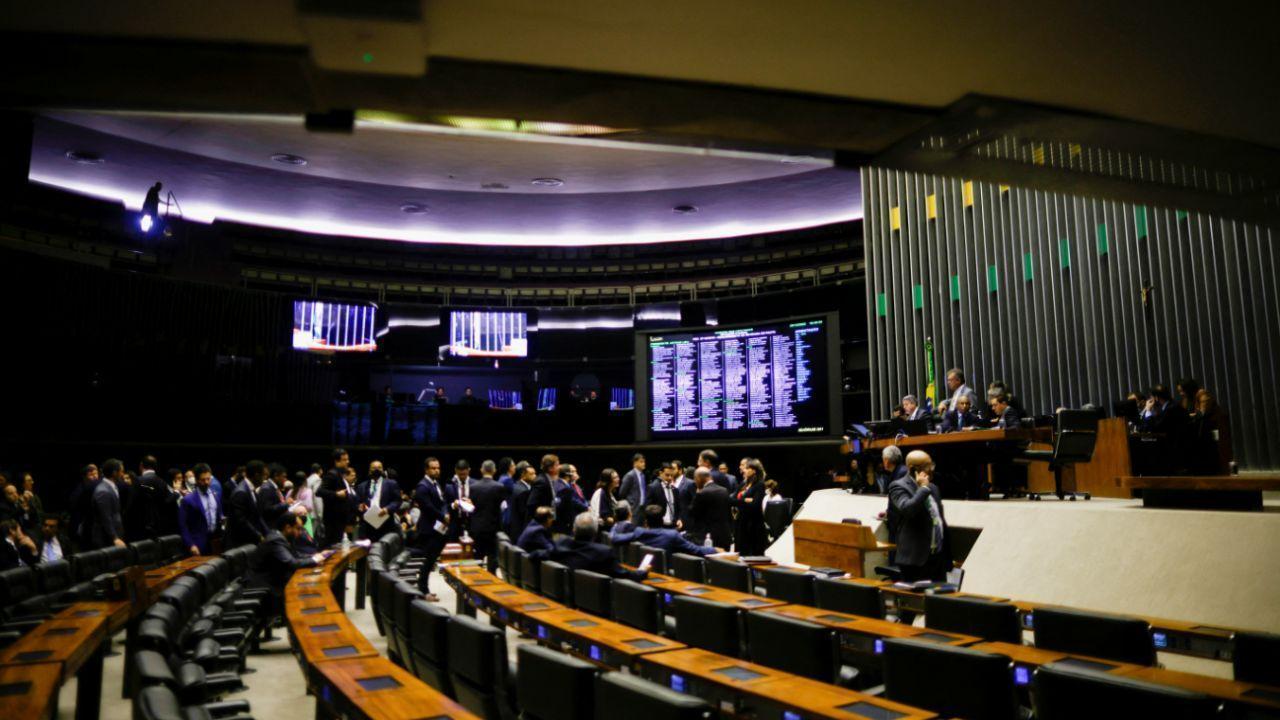
Post by : Priya
Photo:Reuters
Brazil has taken a major step toward overhauling its complex tax system with the approval of a long-awaited tax reform bill. This reform, passed by Congress in June 2025, marks one of the most significant changes to the country’s economic policy in decades. The new law aims to simplify Brazil’s outdated tax structure, promote investment, reduce inequality, and strengthen the country's public services.
For many years, both citizens and businesses in Brazil have complained about a tax system that was confusing, inefficient, and unfair. The new reform promises to address these issues, making taxation simpler, more transparent, and more supportive of long-term growth. But what exactly does this reform involve, and what could it mean for Brazil's future?
Understanding Brazil’s Old Tax System
To understand why this reform is so important, we must first look at Brazil’s existing tax system — one that many experts have described as one of the most complicated in the world.
Brazil’s tax structure was divided among federal, state, and municipal governments. Each level of government had its own taxes, collection methods, and rules. This resulted in a web of overlapping taxes, including:
ICMS (State-level Value-Added Tax)
Businesses and individuals found it difficult to understand and comply with so many taxes. There were different rules in different states, and companies often had to hire specialized legal and accounting teams just to deal with taxes. This complexity increased the cost of doing business and reduced Brazil’s global competitiveness.
Why Reform Was Urgently Needed
The need for reform was not new. Economists, trade groups, and lawmakers had been discussing tax simplification for decades. But past efforts always failed due to political disagreements and regional disputes over revenue sharing.
The main reasons why reform became urgent in recent years include:
Low Investment Levels
Businesses were hesitant to invest in Brazil due to unpredictable tax burdens.
Loss of Jobs and Slow Growth
A slow economy and rising unemployment put pressure on the government to take action.
Social Inequality
The old tax system placed a heavier burden on the poor than on the rich, deepening Brazil’s income gap.
Regional Imbalance
Richer states collected more tax revenue while poorer regions struggled with funding public services.
International Pressure
Investors and global markets urged Brazil to modernize its tax policies to stay competitive.
The newly elected government, with strong public backing and a clear parliamentary majority, saw this as the right time to push for long-overdue reforms.
What the New Tax Reform Includes
The approved tax reform bill introduces several major changes. Its main goal is to simplify the current system by reducing the number of taxes and creating a more unified approach. The key changes include:
1. Creation of a Single VAT System
The reform replaces several existing taxes (ICMS, IPI, ISS, PIS, and COFINS) with two main value-added taxes:
CBS (Contribuição sobre Bens e Serviços): A federal-level tax.
IBS (Imposto sobre Bens e Serviços): A tax collected by states and municipalities.
These new taxes will apply to goods and services across the country, with the same rules in every region. This uniformity is expected to make tax collection more efficient and less prone to corruption or legal loopholes.
2. Digital Tax System
The reform includes plans to digitize the tax process. All businesses will report their taxes through a single digital platform, reducing paperwork and making compliance easier.
3. Cashback for the Poor
To make the system fairer, low-income citizens will receive part of the tax they pay back in the form of “cashback” programs. This aims to reduce the tax burden on the poorest while keeping the system progressive.
4. Simplified Taxation for Small Businesses
Small businesses will benefit from lower rates and fewer regulations. This is expected to help the informal sector enter the legal economy, promoting entrepreneurship and job creation.
5. Clearer Tax Rules
The reform also includes new rules to reduce the number of legal disputes between tax authorities and businesses, which previously cost the country billions in lost productivity.
Timeline and Implementation
The reform will be implemented gradually over the next few years. The full transition is expected to take place by 2030, with key changes beginning in 2026. The step-by-step approach is designed to give businesses and local governments enough time to adjust.
Here’s how the transition is planned:
Challenges and Concerns
While the reform has been widely praised, it is not without its challenges.
Regional Disputes
Some state governments fear they will lose control over their revenues. The reform creates a national system for tax sharing, which may favor larger states over smaller or poorer ones.
Implementation Costs
Setting up the new digital systems and retraining staff across the country will be costly. There are concerns about how smaller municipalities will manage this.
Resistance from Lobby Groups
Some business sectors are unhappy about losing their special tax exemptions or subsidies, which may hurt their profits.
Public Understanding
Many citizens are still confused about what the reform means for them. If the government fails to clearly communicate the benefits, it could face political backlash.
What This Means for Businesses
For companies, especially small and medium-sized ones, the new system promises to:
What This Means for Citizens
For ordinary Brazilians, the reform could bring:
Brazil tax reform 2025
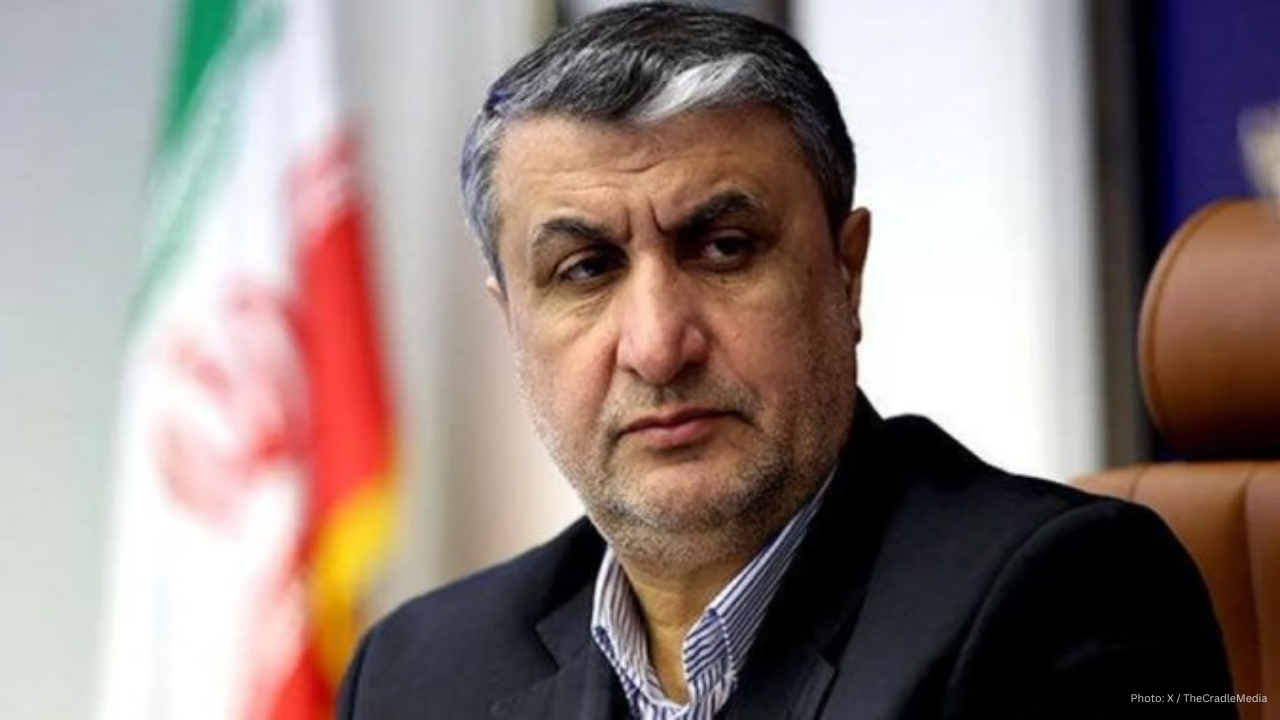









Tabreed and Johnson Controls Partner to Launch Advanced Cooling Tech
Tabreed joins Johnson Controls to improve energy efficiency and eco-friendly district cooling in the

Nissan Develops Advanced Self-Driving Cars for City Streets by 2027
Nissan is testing smart self-driving cars that can handle city traffic, pedestrians, and red lights
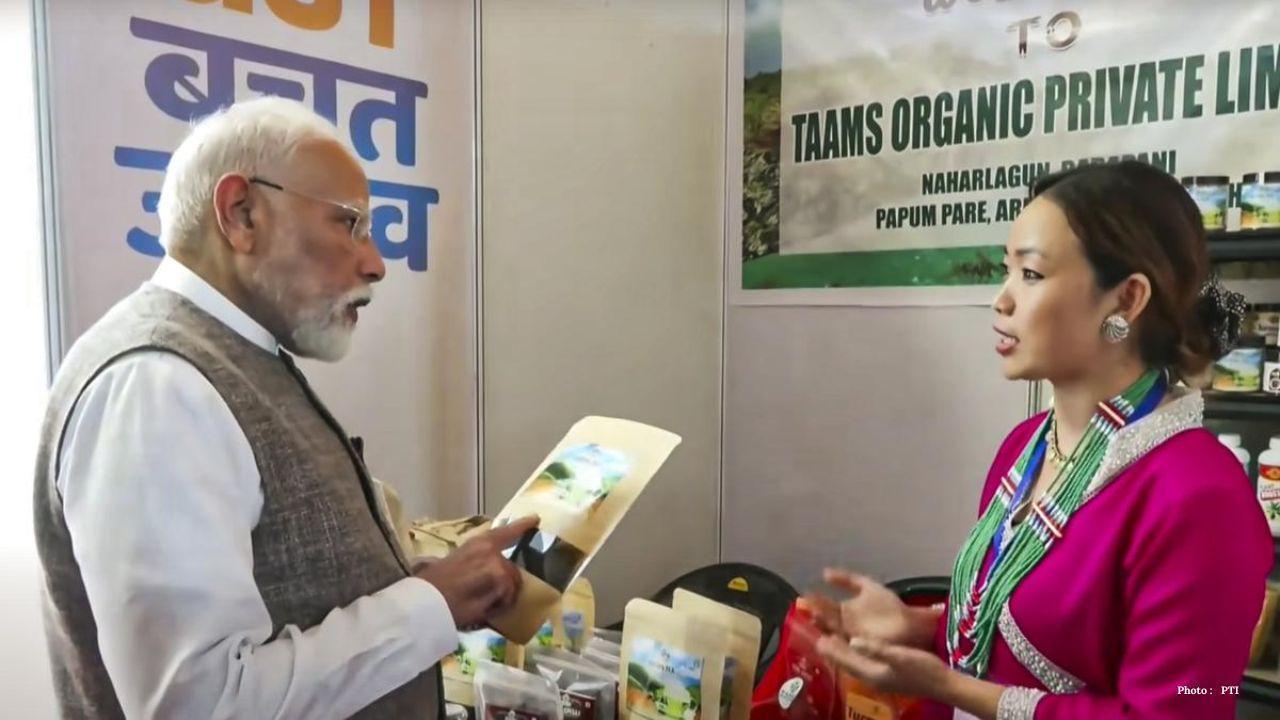
PM Modi Supports Local Entrepreneurs in Arunachal
PM Modi interacts with Arunachal entrepreneurs, reviews local products, and highlights GST reforms a
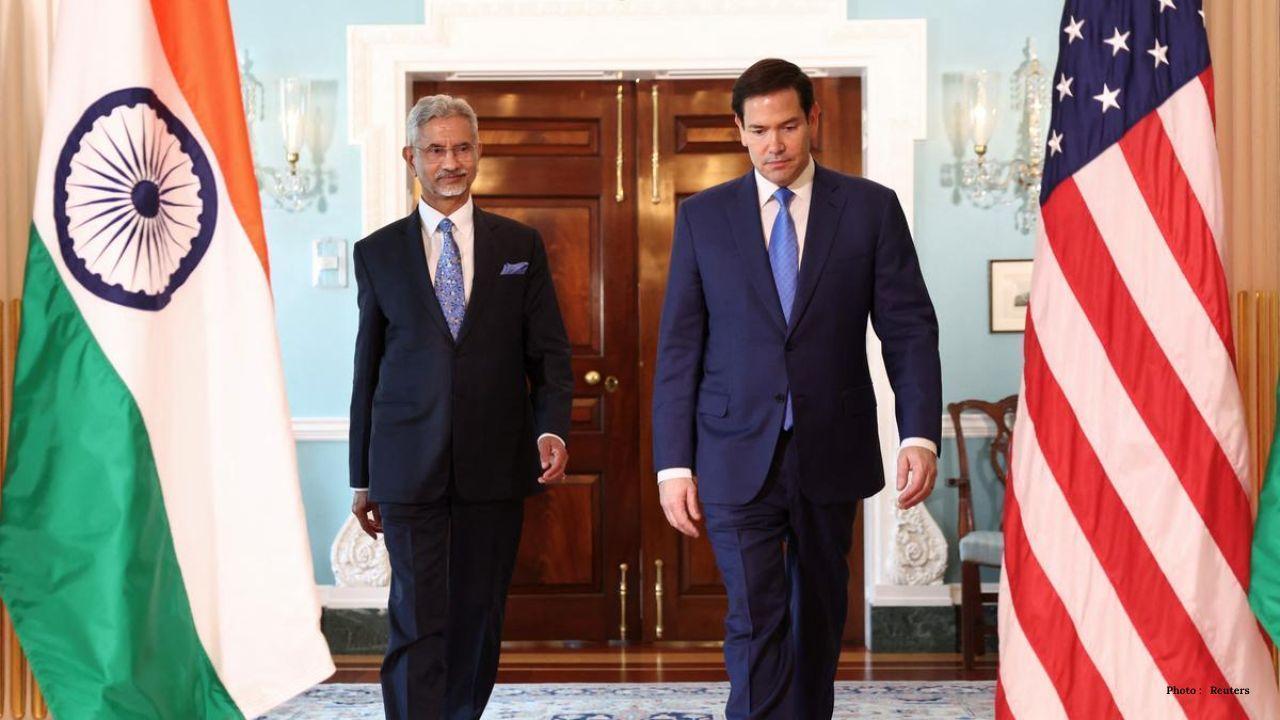
India-U.S. Talks Jaishankar to Meet Rubio During UNGA 2025
India’s External Affairs Minister Jaishankar will meet U.S. Secretary Rubio in New York to discuss t

Abu Dhabi Parks Transform Into Outdoor Learning Hubs
Abu Dhabi parks now serve as open-air classrooms, teaching students about nature, sustainability, an
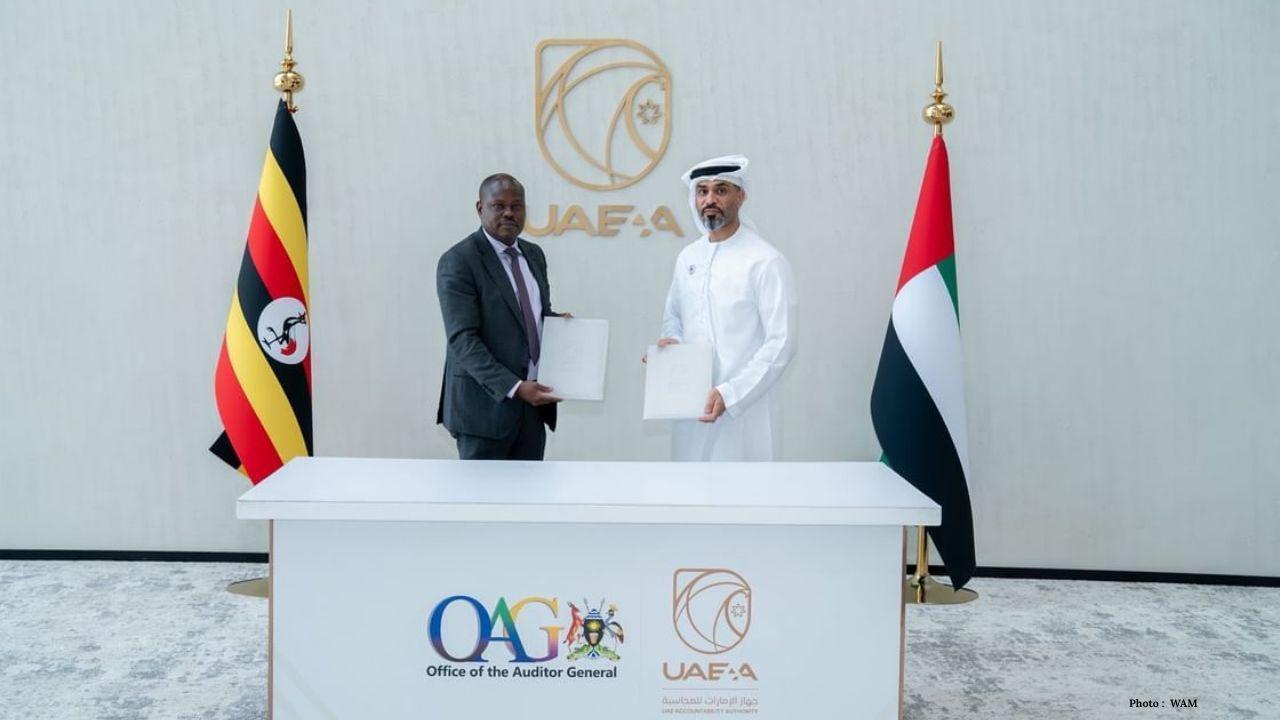
UAE signs audit deals with Seychelles and Uganda to boost oversight
UAE strengthens global audit ties with Seychelles and Uganda to share expertise, enhance transparenc